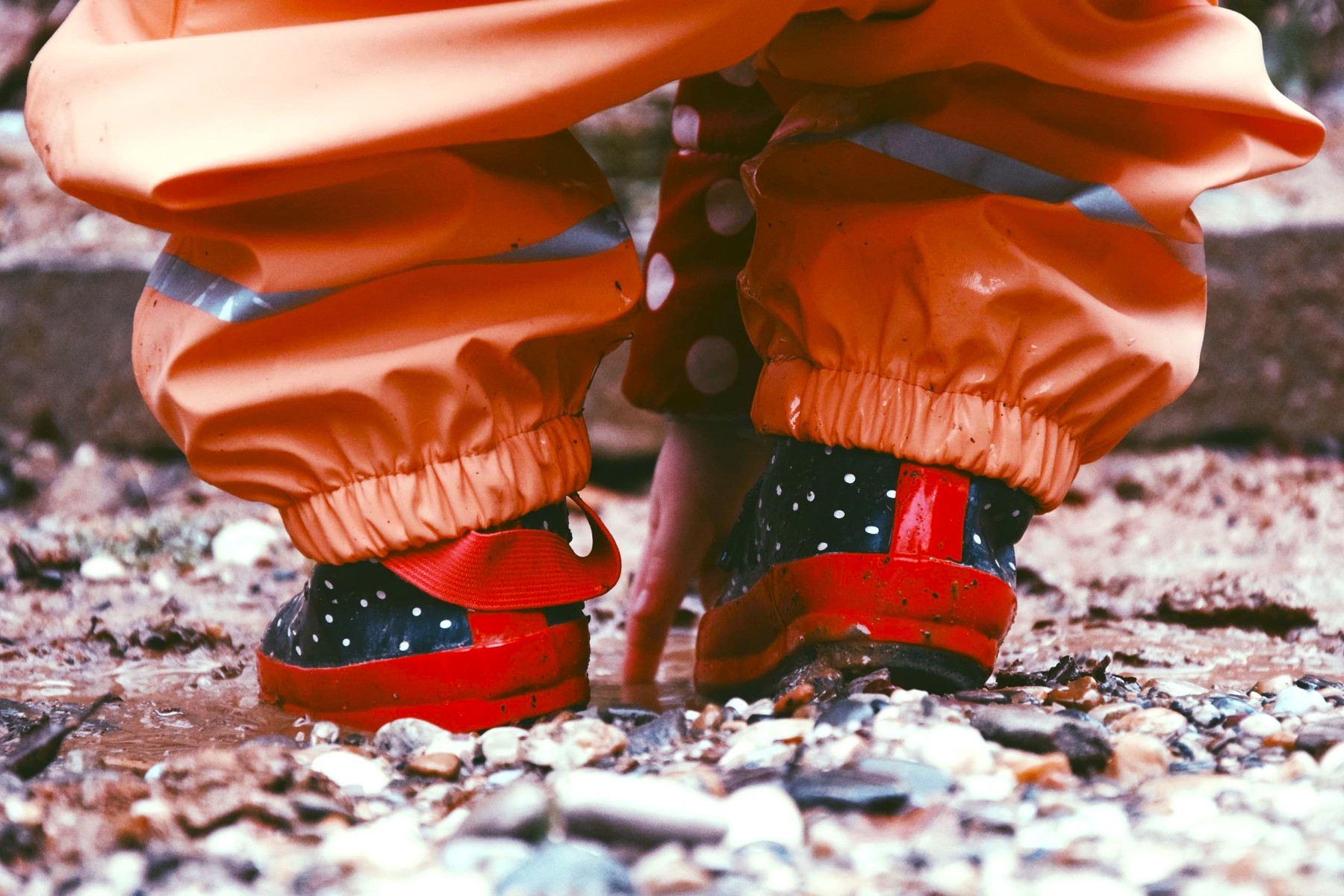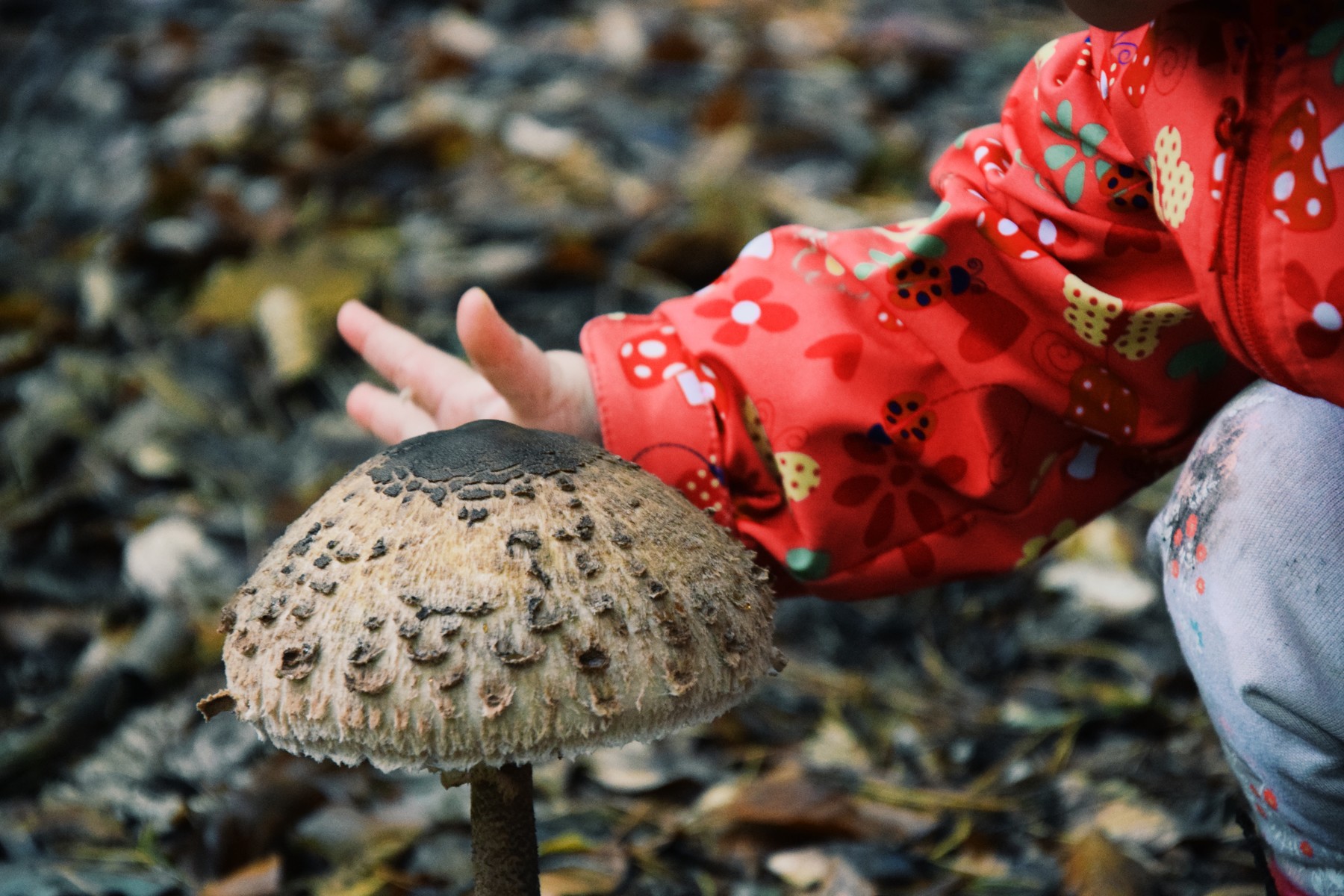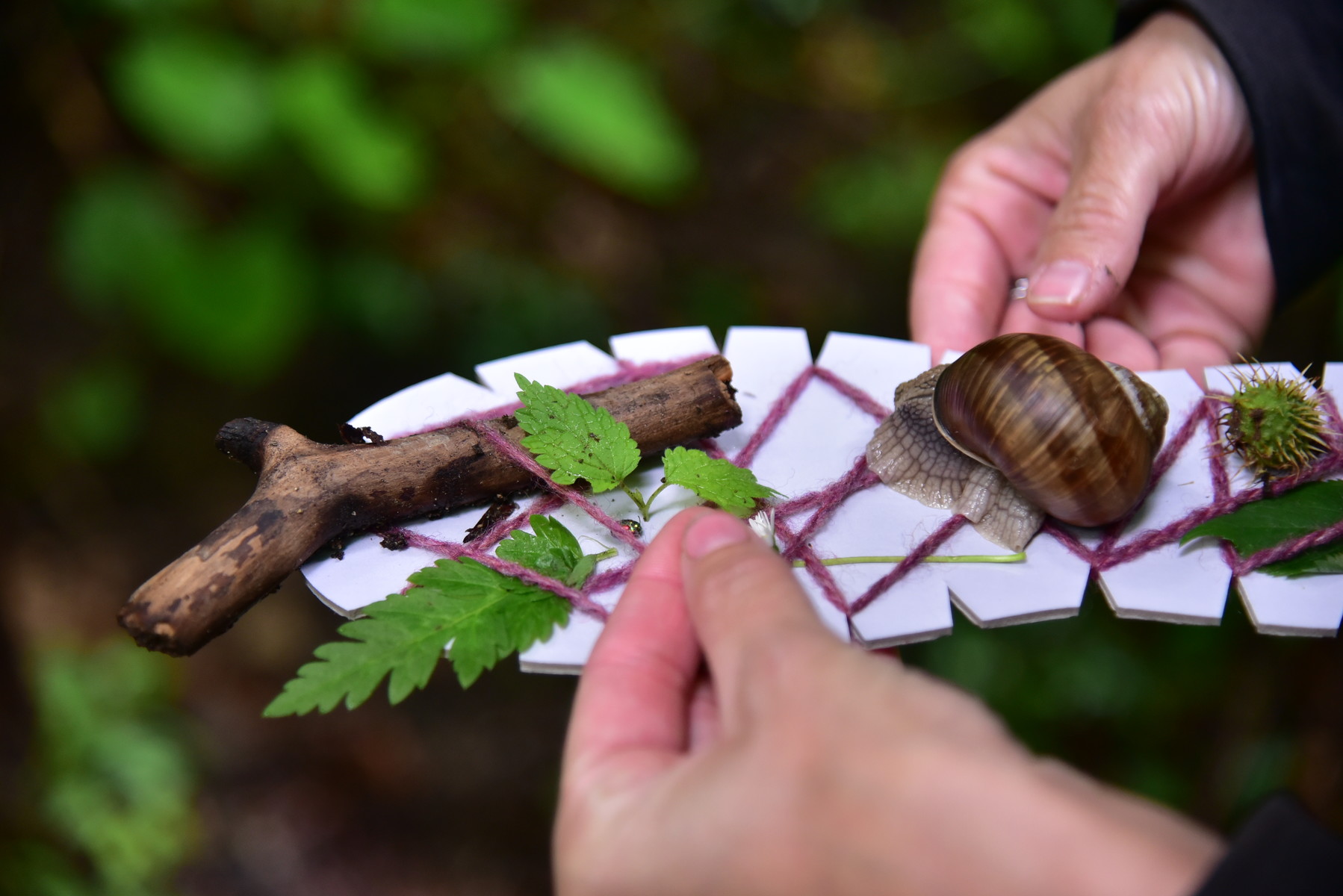What is Forest Pedagogics?
Forest pedagogics is a method of environmental education that provides not only knowledge of the forest or of nature as an ecosystem, but also significantly impacts the education and holistic development of children and adults. It is a recipe for a healthy, calm and optimal development of children and of all of us. The forest shapes values which are reflected not only in a positive attitude towards nature and the environment, but also in an appropriate perception of oneself and of life. Through forest pedagogics we enable children and adults to explore nature in a safe and relaxed manner; to identify their own emotions and needs; and to properly respond to them in the richest learning environment of all – the forests of Slovenia.
“We are striving to make the forest an integral part of daily activities and not just one of the many options occasionally made available to children.”
For whom is Forest Pedagogics intended?
By means of forest pedagogics, our institute addresses parents, preschool teachers, school teachers and therapists, and through them the children. It is intended for all children, including those with special needs, regardless of their character, habits, medical diagnoses and problems. Each child will find something in the forest that suits him/her. In the process, we are taking into account the development characteristics of children, their reasoning ability, their ability to maintain attention, and the differences between genders.
Brief History of Forest Pedagogics
In Slovenia, forest pedagogics started to develop systematically in 2010, when the first European projects, in which individual municipalities and educational institutions acted as partners, presented the experiences of other European countries: Austria, Germany, Great Britain, Norway and Denmark. They revealed a known but almost forgotten view of a nature-related childhood and upbringing. In Slovenia, and elsewhere in Europe and the world, the so-called forest kindergartens and schools are well-developed; they are designed primarily for preschool and school children, and have integrated forest pedagogics into their curricula. The forest is an excellent environment also for the upbringing, teaching and development of children with special needs.
Spending free and educational time in the forest has many positive effects on children. In nature, children are less burdened and think more freely, which makes them more creative. The forest terrain enables the children to move naturally, which has a positive effect on brain development and consequently on the development of motor and learning skills. In the forest children find it easier to calm down, are more relaxed and build interpersonal relationships more easily. Through play, they gain various skills that are needed in everyday life. Spending time in nature in any weather has a beneficial impact on children’s health. Children come into genuine contact with nature and therefore understand it better. Children develop a sense of responsibility towards nature, and value and protect it more.
Who is a Forest Pedagogue?
Forest pedagogues differ from classic pedagogues in that they enjoy spending time in nature and value the freedom outside a classroom. They are skilled in teaching in and outside a classroom; they adapt quickly and are not intimidated by innovation. They are innovative, creative and inquisitive. They see work as a challenge, and the kindergarten curriculum as only a stepping stone for better ideas. They know that outdoor teaching gives their work new meaning. They value the skills such teaching instils in the children, and are aware that the educational process is based on relationships. They also learn from the children. They enjoy socialising and passing their knowledge onto others.
The competences of a forest pedagogue are knowledge of the forest, helping children to learn and using different work methods, ability to lead the learning process in nature, ability to excite and to recognise enthusiasm, building knowledge on experiences, taking advantage of situated learning ability to provide basic first aid.


